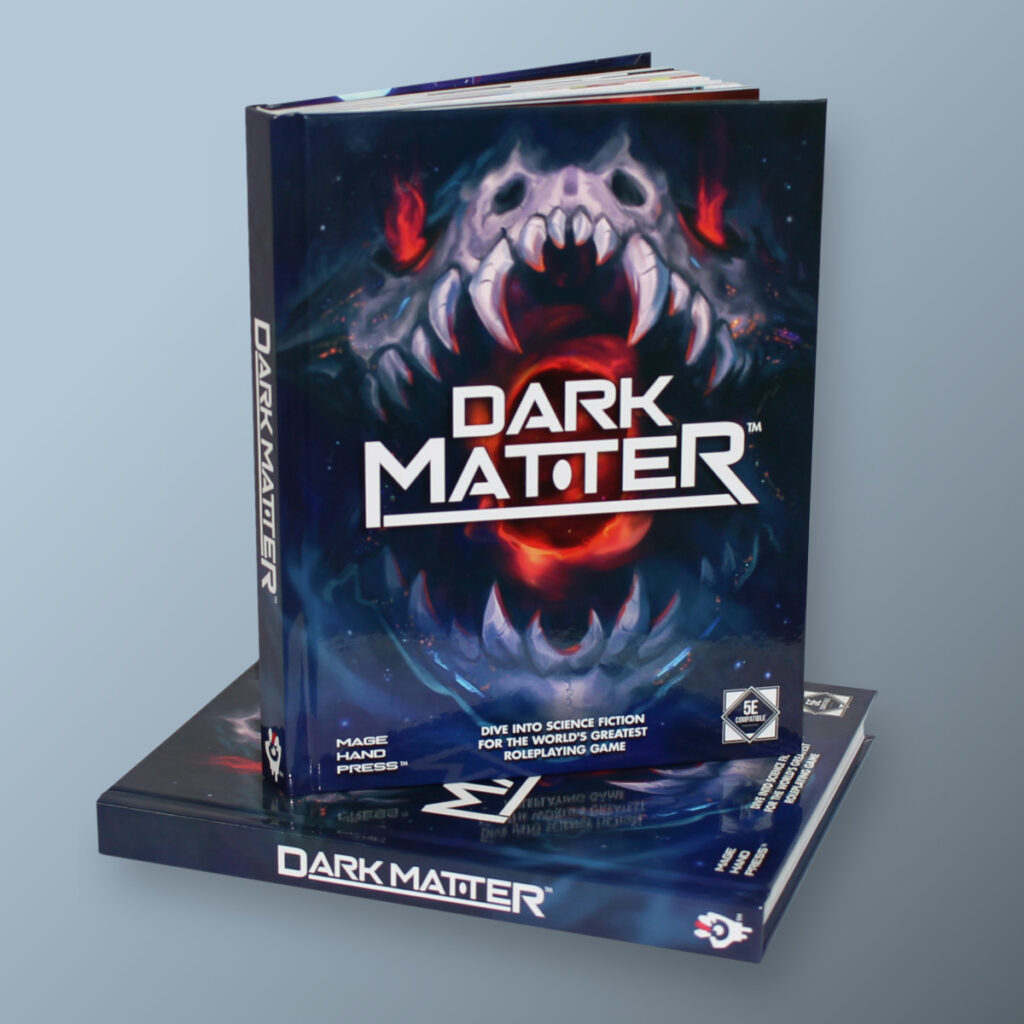Comments from the Finger: Forgive me for paying homage to pathfinder, but the Inquisitor was my first class. Ever. Alder the Inquisitor was my first attempt at a character, and was one I played for some time. As such, the archetype has a warm place in my heart and is almost certainly a favorite around the table of those gamers that want to feel like complete badasses. The Inquisitor is ostensibly a paladin that is far removed from the Lawful Good stereotype, but is also not relegated to the Evil end of the alignment spectrum. This is a paladin that is fine with murder, deception, and even torture, as long as the world is safe and they get the bad guys. I highly recommend this for a player who wants to taste the divine classes, but doesn’t want to play nice.
Oath of Inquisition
Paladins who take an Oath of Inquisition make a solemn promise to uphold the law and defend the Church from its enemies. As Inquisitors, they root out heretics and those who blaspheme against their god, wherever they might hide, and do so by any means necessary. Unlike other paladins, they are above many of the tenants of their Church, answering to their god first, themselves second, and all others, including other clerics and paladins, third. Inquisitors often keep their ear to the ground, searching for new threats and chasing down old enemies, using deceit and violence when piety and righteousness is not enough.
Tenets of Inquisition
While the tenets of the Oath of Inquisition may vary to suit the nature of the threat encroaching upon the church, paladins who take this oath hold highly the following as a matter of necessity, rather than ideals.
Root Out Heresy. Seek out those who might do harm to the Church or others, even if they hide themselves from sight.
Justice Over Mercy. Above all else, it is the charge of the Inquisitor to bring justice to the wicked, be that by the sword or in a court of law.
Trickery and Guile. In order to learn the truth, it is sometimes necessary to use deception.
Ends Justify the Means. Your methods need not be righteous if the cause is so.
Oath of the Inquisitor Spells
Paladin Level Spells
3rd detect evil and good, disguise self
5th detect thoughts, zone of truth
9th major image, speak with dead
13th greater invisibility, locate creature
17th mislead, scrying
Channel Divinity
When you take this oath at 3rd level, you gain the following two Channel Divinity options.
Judgement. You can cast judgement upon a creature. As an action using your Channel Divinity, select one creature you can see within 30 feet of you. If the creature has a different alignment than you, it suffers a disadvantage on all saving throws until the end of your next turn. If its alignment differs from yours in each alignment axis (good/evil and lawful/chaotic), it is also may move only 10 feet during the next round and take either an action or bonus action (not both) on its next turn.
Bane. As a bonus action expending your Channel Divinity, you imbue your weapon with the power to lay low your foes. Select a creature type (aberrations, beasts, celestials, constructs, dragons, elementals, fey, fiends, giants, monstrosities, oozes, plants, or undead.) For 1 minute, the weapon you are holding deals 1d8 additional damage against creature of that type.
Stalwart
Beginning at 7th level, your unfaltering determination spurs those around you. You and friendly creatures within 10 feet have advantage on Intelligence, Wisdom, and Charisma saving throws.
Exploit Weakness
At 15 level, you can exploit a creature’s weakness. As a bonus action, choose one creature you can see within 30 feet. Until the end of your turn, the creature is considered to have Vulnerability to your weapon damage. You must complete a short or long rest before using this ability again.
True Judgement
Beginning at 20th level, as an action you become a visage of true law to cast judgement upon your foes. To lawful creatures, you appear as an unshakable Justicar in shining armor. To chaotic creatures, you appear as a darkly cloaked creature of menace. To all others you appear as yourself, surrounded with an intimidating aura of might. For the next 1 minute, you gain the following effects:
- You may use Judgement once per round as a bonus action requiring no use of Channel Divinity. When you do so, you also have advantage on attack rolls against that creature targeted by Judgement until the beginning of your next turn.
- Creatures with an alignment different than your own within 20 feet of you may not use the Disengage Action during this duration, and may move at most 10 feet away from you when they move.
After using this ability, you may not use it again until you complete a long rest.



